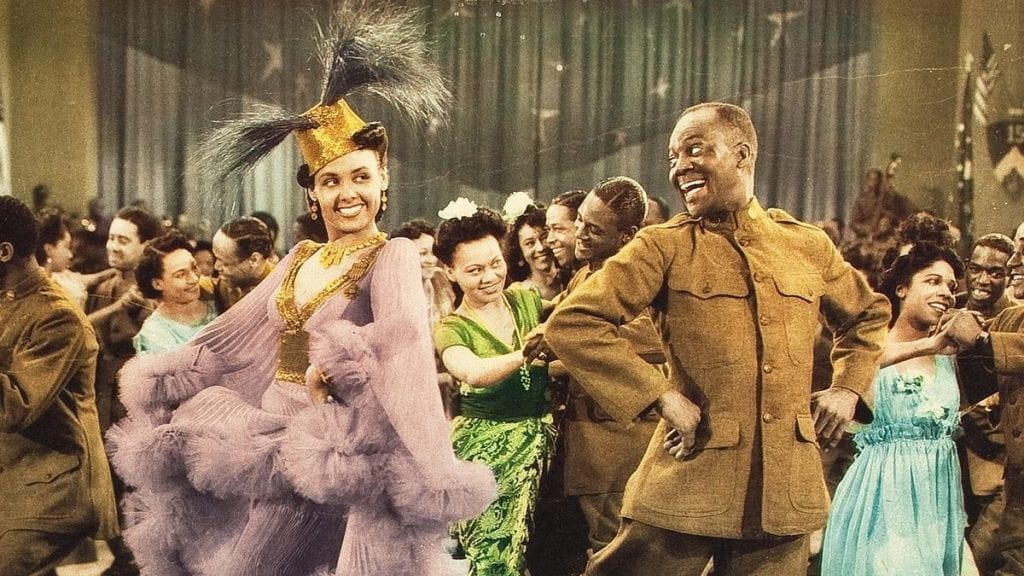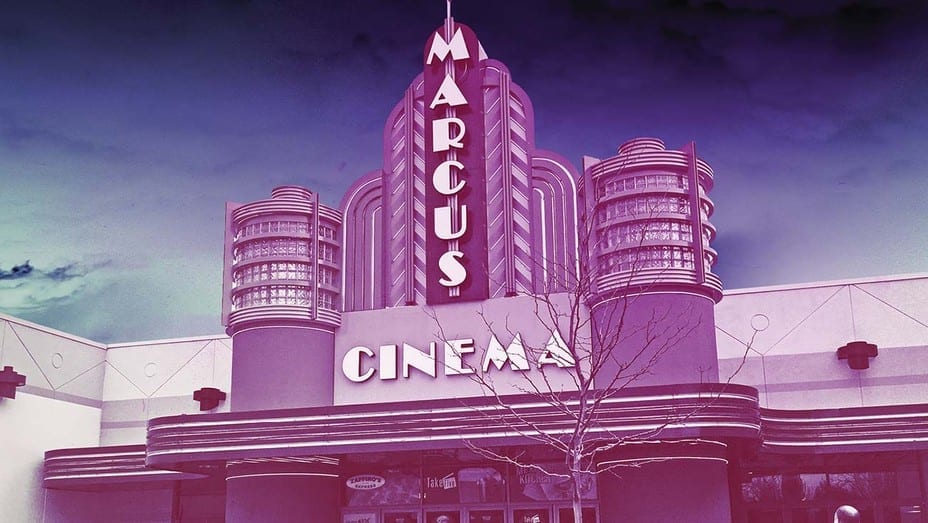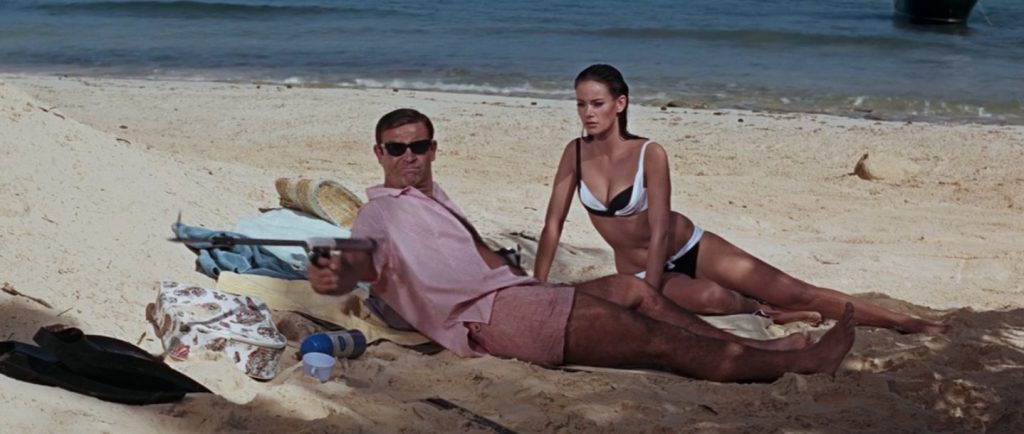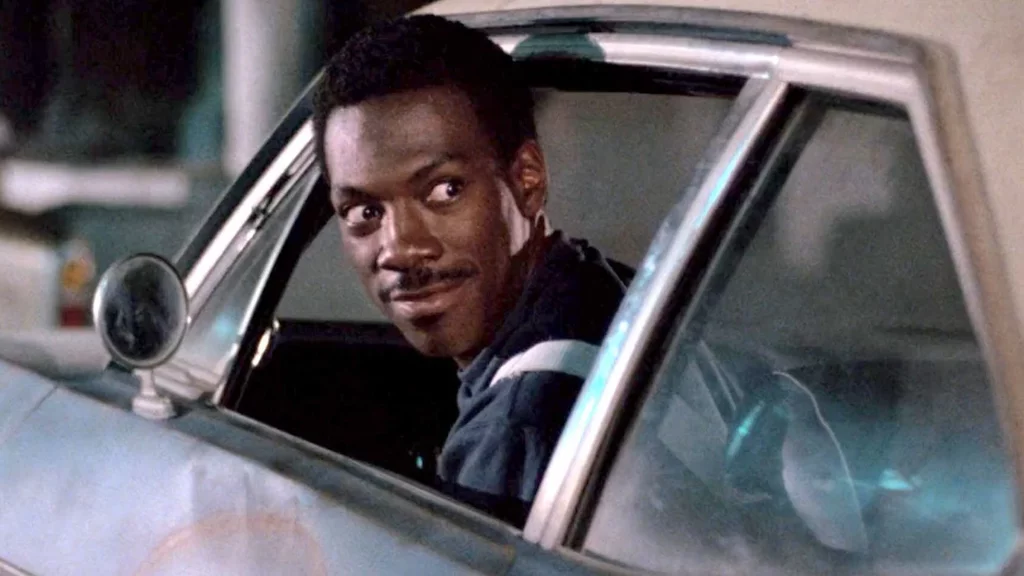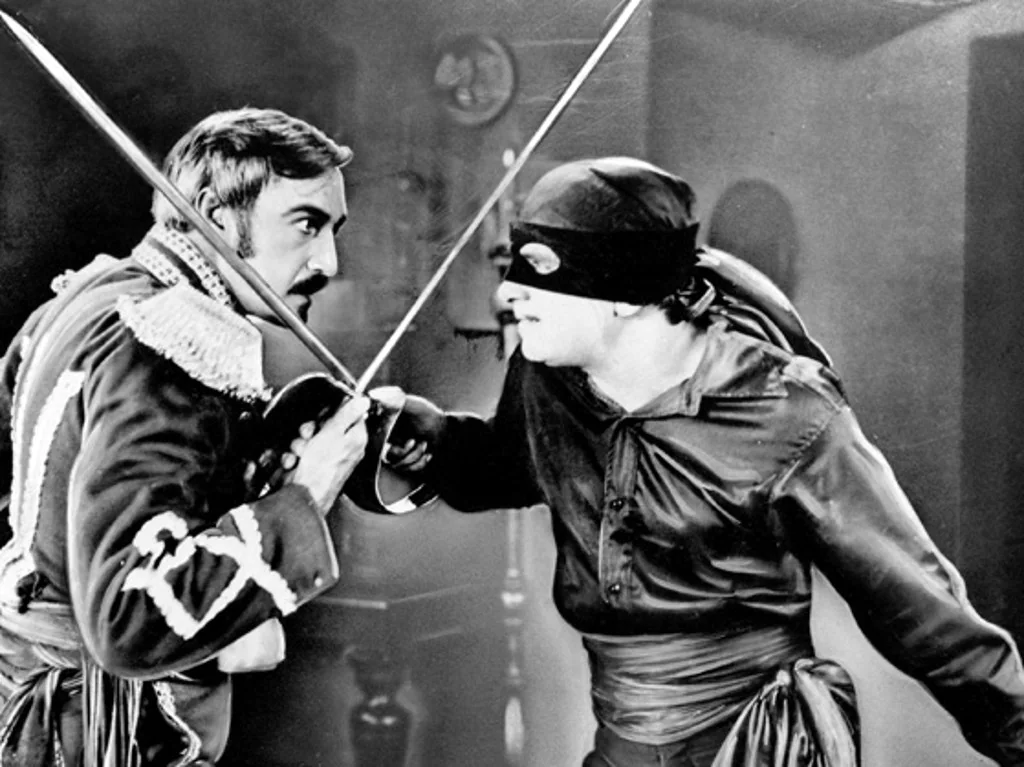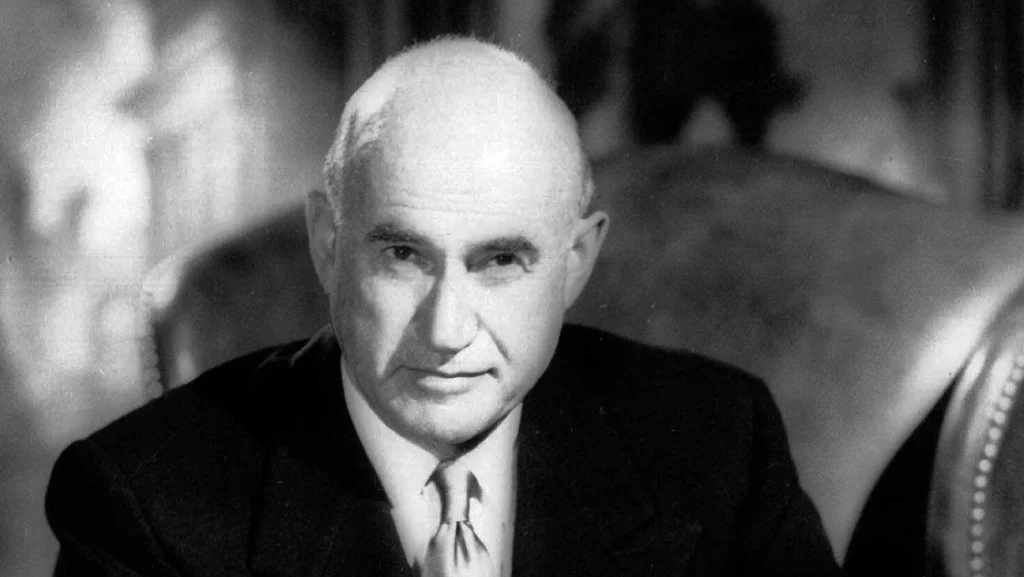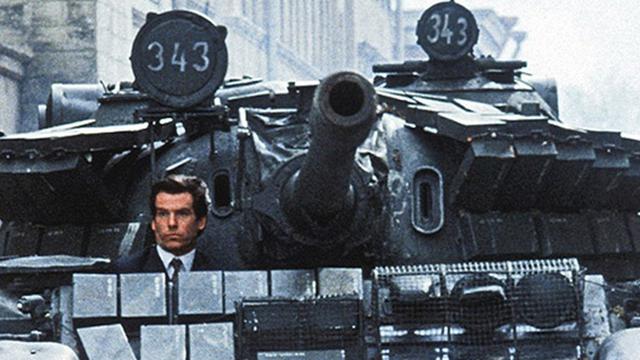In celebration of Martin Luther King’s birthday, we celebrate the 100-year history of films made by and for Black Americans. Hollywood’s early years coincided with a troubled period in America’s struggle to achieve racial equality. D.W. Griffith’s landmark film Birth of a Nation in 1915 set an ugly precedent with its portrayal of African Americans as unintelligent and inferior to the heroic Klansmen on a quest to preserve their vision of traditional American values.
While counterprogramming from mainstream studios took decades to develop, Black filmmakers created their own counterpoint. The creative and entrepreneurial Oscar Micheaux became America’s pre-eminent Black filmmaker over his three-decade career beginning in 1918. Through more than 40 features, Micheaux portrayed the lives of Black Americans with a wide range of characters from heroes and heroines to scoundrels, told through dramas, comedies, and even musicals. “Race films” from the period were mostly made by and for African Americans. “All-Negro” musicals of the 1940s and 50s including Stormy Weather, St. Louis Blues, and Porgy and Bess used song and dance to appeal to general (White) audiences, without asking too many hard questions.
The “Blacksploitation” films of the 1960s and 70s such as Shaft, Superfly, and Blacula used comedy to a similar effect, with threads that connect with the more recent success of filmmakers such as Tyler Perry. Over the past 5 years, Hollywood has made great strides in telling a wider range of stories and employing a more diverse workforce to do so. Last September, even the Academy of Motion Pictures Arts and Sciences laid down a gauntlet to the industry, by establishing standards for inclusion of minorities both in front of and behind the camera in order for a film to be considered in the Best Picture category, beginning with the 96th Oscars in 2024.
“We believe [The Academy’s] inclusion standards will be a catalyst for long-lasting, essential change in our industry.”
– AMPAS President David Rubin and CEO Dawn Hudson



